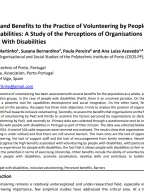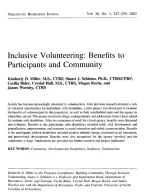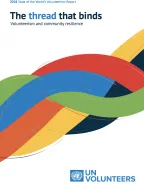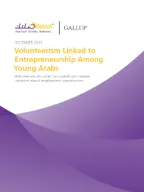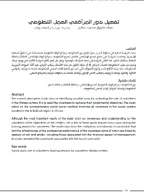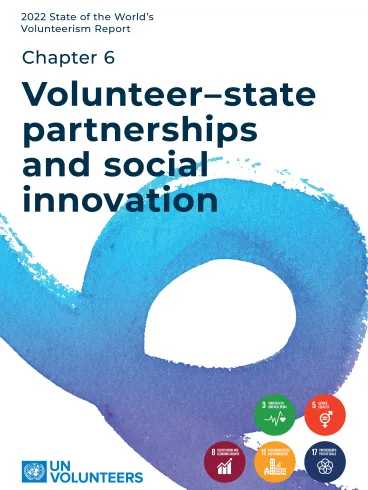
Report
Volunteer–state partnerships and social innovation
State of the World’s Volunteerism
Download
Fast read
- This chapter of the 2022 State of the World's Volunteerism Report focuses on volunteer–state partnerships and social innovation. In particular, it explores how volunteerism can be a driver of social innovation.
Synthesis
- Drawing on case studies in Colombia, Kenya, Malawi, Trinidad and Tobago, and a project that spans the Small Island Developing States (SIDS) of Fiji, the Solomon Islands and Vanuatu, the chapter explores how volunteers can shape and facilitate new ways of working while generating new solutions that address sustainable development challenges.
- It explores how volunteers from marginalized groups, including young people (Malawi and Trinidad and Tobago), peasant farmers (Colombia), slum-dwellers and urban poor people (Kenya), and women market vendors (Fiji, Solomon Islands and Vanuatu) tackle a variety of challenges, from sexual and reproductive health and rights (Malawi), youth participation (Trinidad and Tobago) and rural health (Colombia), to slum-dwellers’ rights and urban development (Kenya), and women’s rights and economic empowerment (Fiji, Solomon Islands and Vanuatu).
- The chapter illustrates how volunteer–state partnerships in social innovation facilitate inclusive structures that foster new relationships between people and state authorities while enabling different stakeholders to find and engage in solutions to development challenges.
- Critically, volunteers help to facilitate new ways of working which, in some cases, reconfigure power relationships between people and states.













